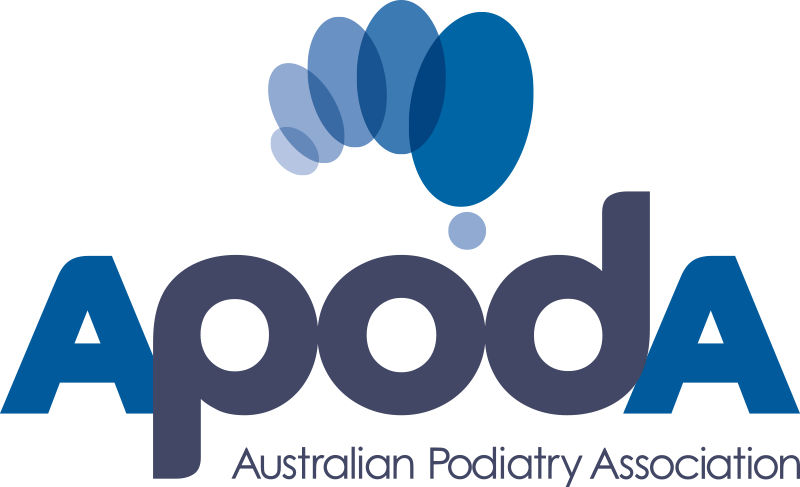The recent pandemic was a reminder of how important hands-on clinical experience is for podiatry students' learning. Forced into a period to learn online, universities faced growing concern on how to overcome the deficit in hands-on exposure and ensure students continued to develop clinical skills in a timely manner when coming out of lockdown, such as motor skills.
For that outcome we rely on a pool of mentors and supervisors through internal clinics and external placements. Maybe this is something you may be interested in exploring, if you don’t already?
To support this network we try to likewise offer these people support in their roles as mentors and supervisors. We clearly know how to ‘do’, it doesn’t always mean we know how to ‘teach’ various skills; particularly motor-skills which involve a large component of implicit learning rather than explicit knowledge.
Where are you at?
It may be that you are (or want to become) a supervisor, or simply want a better understanding into how students, new graduates or even experienced clinicians better acquire new skills such as the provision of workshops.
If this applies to you, this article outlines some simple, evidence-based tips on how to provide effective learning experiences and guide students or new graduates in a manner designed to improve the learning of motor skills. Let’s get started.
Tip #1: Respect the individual
Firstly, it is important to recognise that we cannot assess learning itself, as this is implicit to the individual, we can only evaluate performance. Performance itself can be transient and it depends on numerous extrinsic and intrinsic factors.
Psychological factors that can influence performance include:
- The level of ‘anxiety’ experienced
- The individual’s ‘self-efficacy’ (confidence on a particular task)
- The often-forgotten aspect of ‘motivation’.



